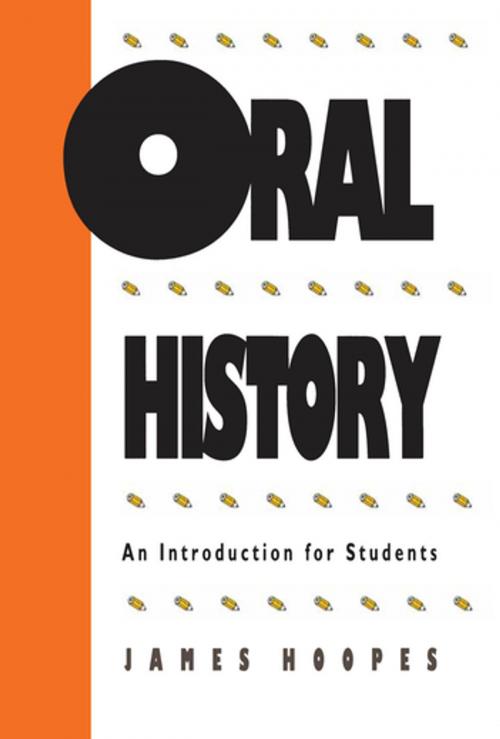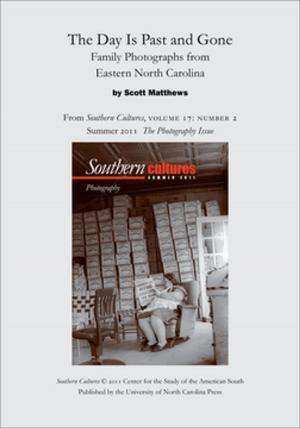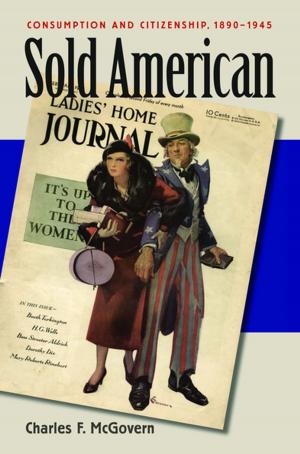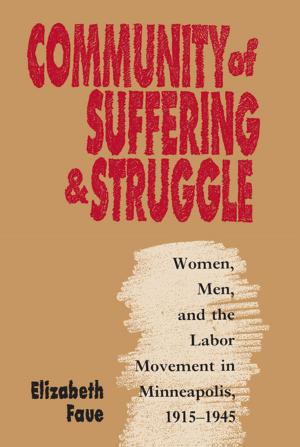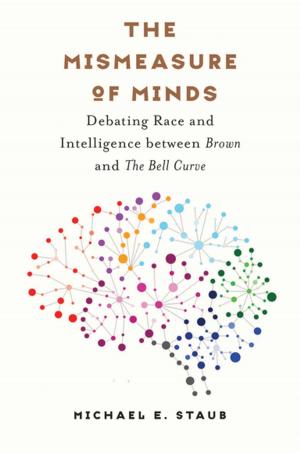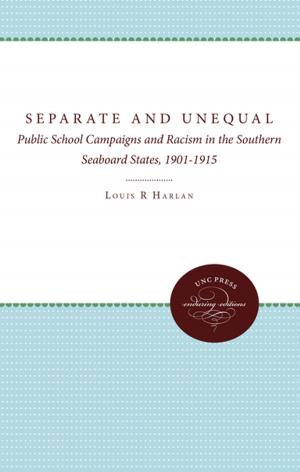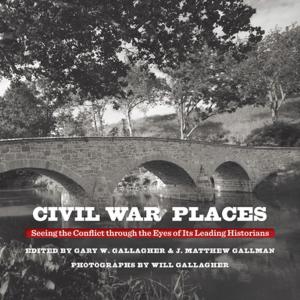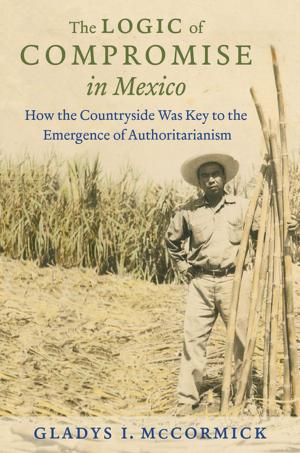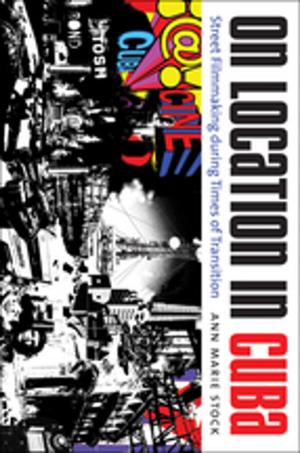| Author: | James Hoopes | ISBN: | 9781469620268 |
| Publisher: | The University of North Carolina Press | Publication: | March 19, 2014 |
| Imprint: | The University of North Carolina Press | Language: | English |
| Author: | James Hoopes |
| ISBN: | 9781469620268 |
| Publisher: | The University of North Carolina Press |
| Publication: | March 19, 2014 |
| Imprint: | The University of North Carolina Press |
| Language: | English |
A manual addressed to students rather than to teachers or researchers, Oral History: An Introduction for Students is unique among the "how to" books in the field, adapting some of the best methods of group oral history projects to the needs of individual students. Useful in courses devoted entirely to oral history, the book also addresses the wider audience of students who may choose to do oral research in the context of otherwise traditional courses. The emphasis is on humanistic, imagininative, and intellectual challenge for students in integrating oral accounts with written documents. Only by achieving such flexibility, argues the author, can oral history fully realize its potential as a learning and teaching technique.
A signficant contribution to theory and methodology as well as an introductory manual, this book will be of interest to professional oral history researchers and those individual scholars interested in adding oral history to their research techniques. James Hoopes has explored the writings of sociology and communications specialists in order to present a richly detailed and helpful analysis of the interview situation from a transactional point of view. Of particular interest is the section of the book devoted to the ways in which oral history can be related to other areas of research such as biography and family history and to the broader fields of cultural and social history.
Hoopes' s central theme is that oral history, whether viewed primarily as a learning or research technique, can fulfill its promise as an important and humanistic resource only if it becomes part of general historical study wherever it is applicable.
A manual addressed to students rather than to teachers or researchers, Oral History: An Introduction for Students is unique among the "how to" books in the field, adapting some of the best methods of group oral history projects to the needs of individual students. Useful in courses devoted entirely to oral history, the book also addresses the wider audience of students who may choose to do oral research in the context of otherwise traditional courses. The emphasis is on humanistic, imagininative, and intellectual challenge for students in integrating oral accounts with written documents. Only by achieving such flexibility, argues the author, can oral history fully realize its potential as a learning and teaching technique.
A signficant contribution to theory and methodology as well as an introductory manual, this book will be of interest to professional oral history researchers and those individual scholars interested in adding oral history to their research techniques. James Hoopes has explored the writings of sociology and communications specialists in order to present a richly detailed and helpful analysis of the interview situation from a transactional point of view. Of particular interest is the section of the book devoted to the ways in which oral history can be related to other areas of research such as biography and family history and to the broader fields of cultural and social history.
Hoopes' s central theme is that oral history, whether viewed primarily as a learning or research technique, can fulfill its promise as an important and humanistic resource only if it becomes part of general historical study wherever it is applicable.
